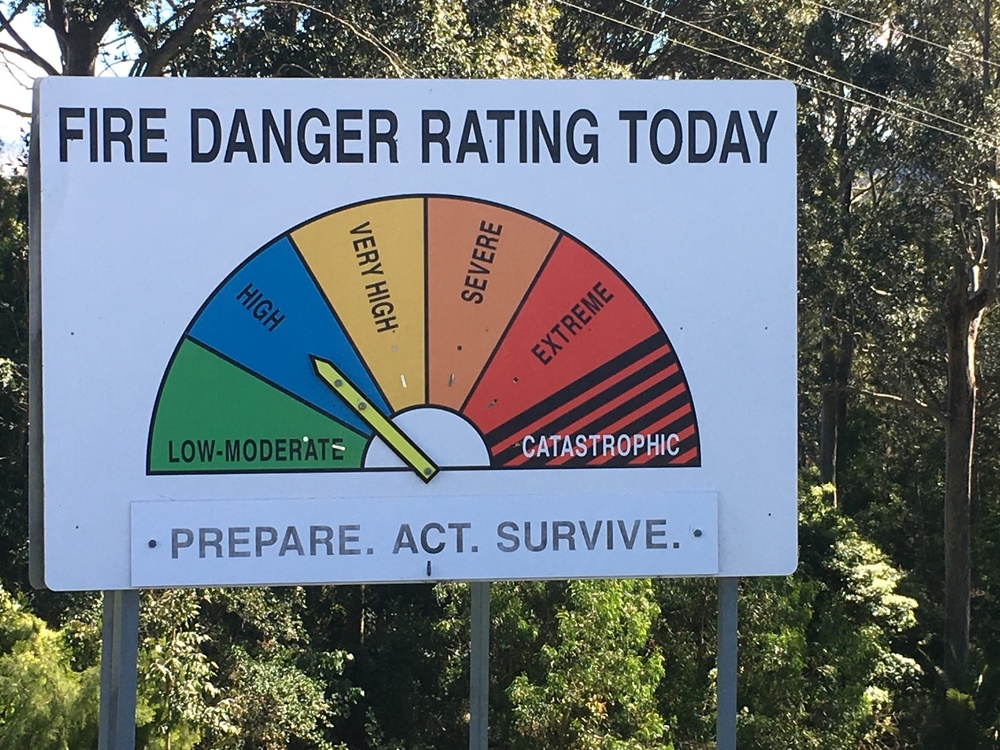Spring begins with new fire safety system
Laura Williams
01 September 2022, 7:40 AM
 The new warning system has been developed with community consultation.
The new warning system has been developed with community consultation. Spring has finally sprung after a bleak and wet winter, as the Western Plains welcomes some Vitamin D back into their life. As things start to heat up, however, familiarising yourself with the new fire danger rating system is crucial ahead of peak fire danger season.
As of today, a new and nationally-consistent bush fire danger rating system has been implemented, with the goal of providing more accurate information to communities at risk of bushfires.
Under the previous system, fire danger ratings were based on only bush and grass. The new system uses eight different types of vegetation, which have been mapped across the entire country.
The display of daily ratings has been simplified, with four levels of fire danger indicating simple actions the community should take at each level:
- Moderate (Green) – Plan and prepare
- High (Yellow) – Be ready to act
- Extreme (Orange) – Take action nowto protect life and property
- Catastrophic (Red) – For your survival, leave bush fire risk areas
On days where there is minimal risk, ‘No Rating’ will be used.

The new system replaces the signs across Australia which had 6 different levels of caution. (Source: RFS NSW)
NSW Rural Fire Service Commissioner Rob Rogers said that locals need to be wary, with continuous heavy rainfall leading to an increase in the growth of fuel loads.
“Over the coming weeks and months, we are particularly concerned about the likelihood of grass and crop fires as the State starts to dry out,” Commissioner Rogers said.
More than bushfires
Fire and Rescue NSW Commissioner Paul Baxter said following the state’s deadliest winter with 16 residential fire deaths across NSW, there is no time to become complacent about home safety.
"Protecting your loved ones and the home you live in should be your number one priority, we spend a lot of money on the things inside our homes, spending $30 on a working smoke alarm to protect these things is an economical and logical life-saving decision" Commissioner Baxter said.
"Fires can happen to you...there are always risks but as we regularly discover, when a smoke alarm sounds, it buys crucial seconds for people to safely get out of a burning home.”
"Poisonous smoke is the first threat you'll generally face in a fire. If those chemicals get into your system, they'll knock you unconscious or worse, so ensure you also have an escape plan,” he said.
Locals are urged to prepare themselves as best as possible against house and bush fires by:
- Prepare your property
- Discuss a fire plan
- Keep up to date with conditions
- Keep local emergency service details




